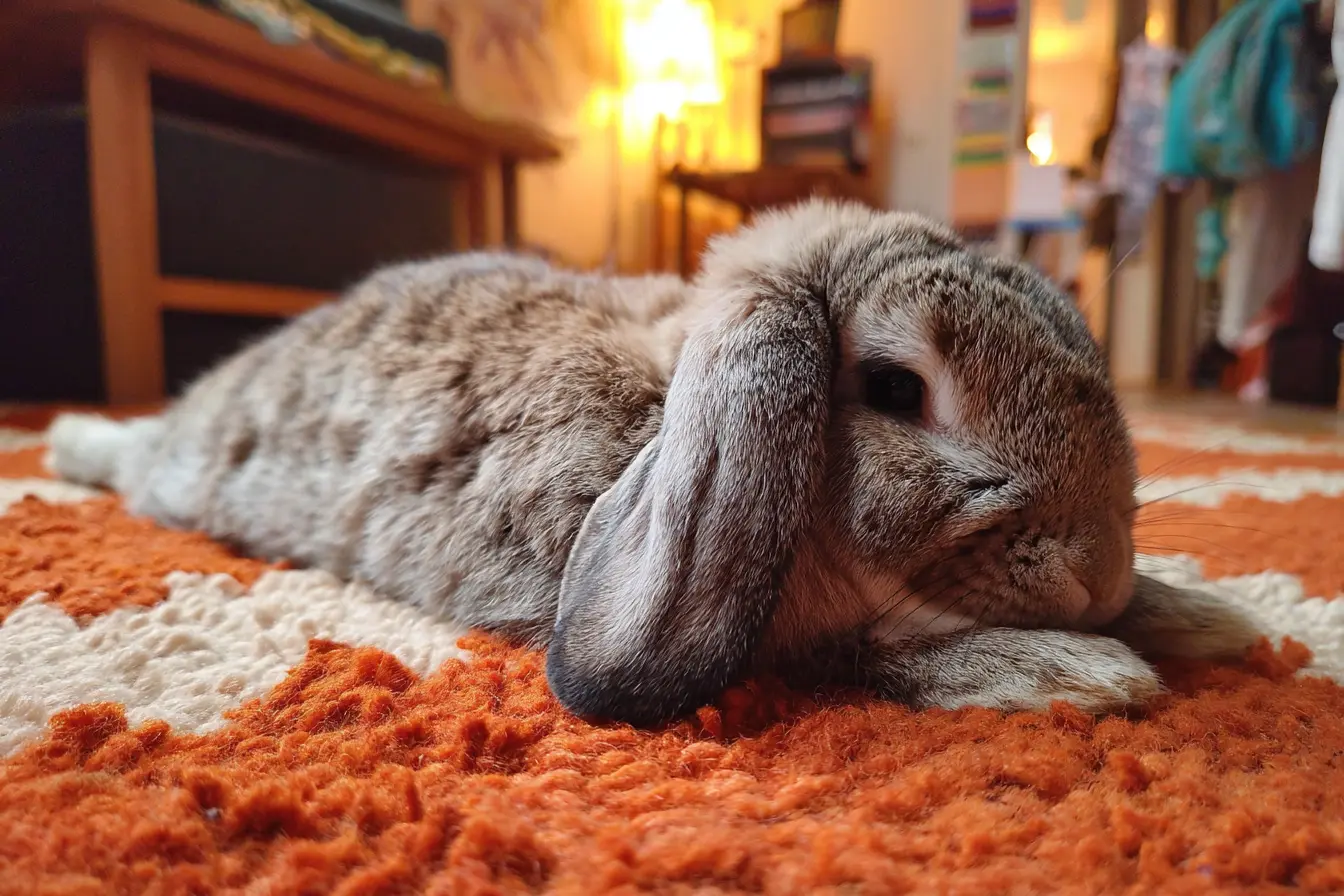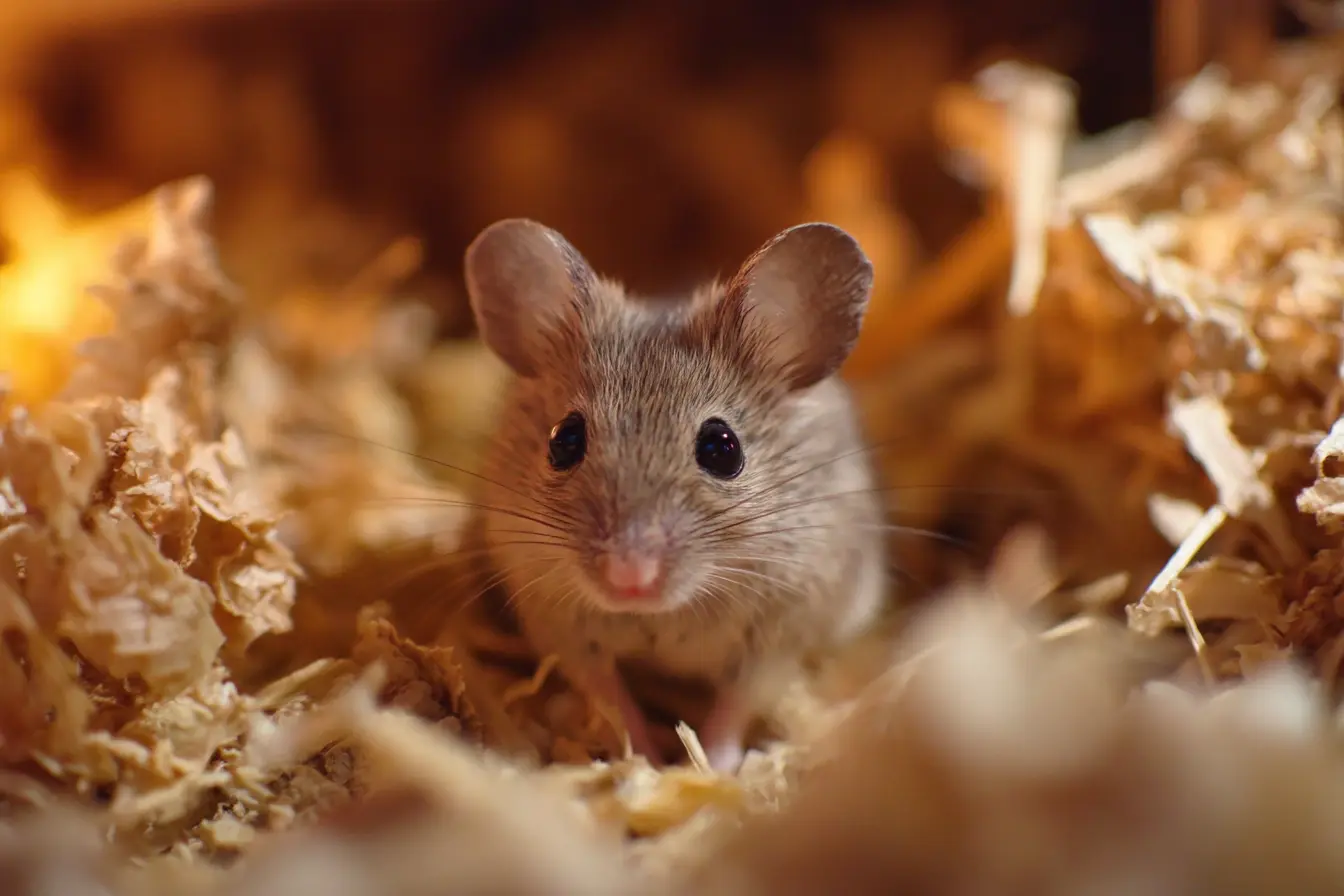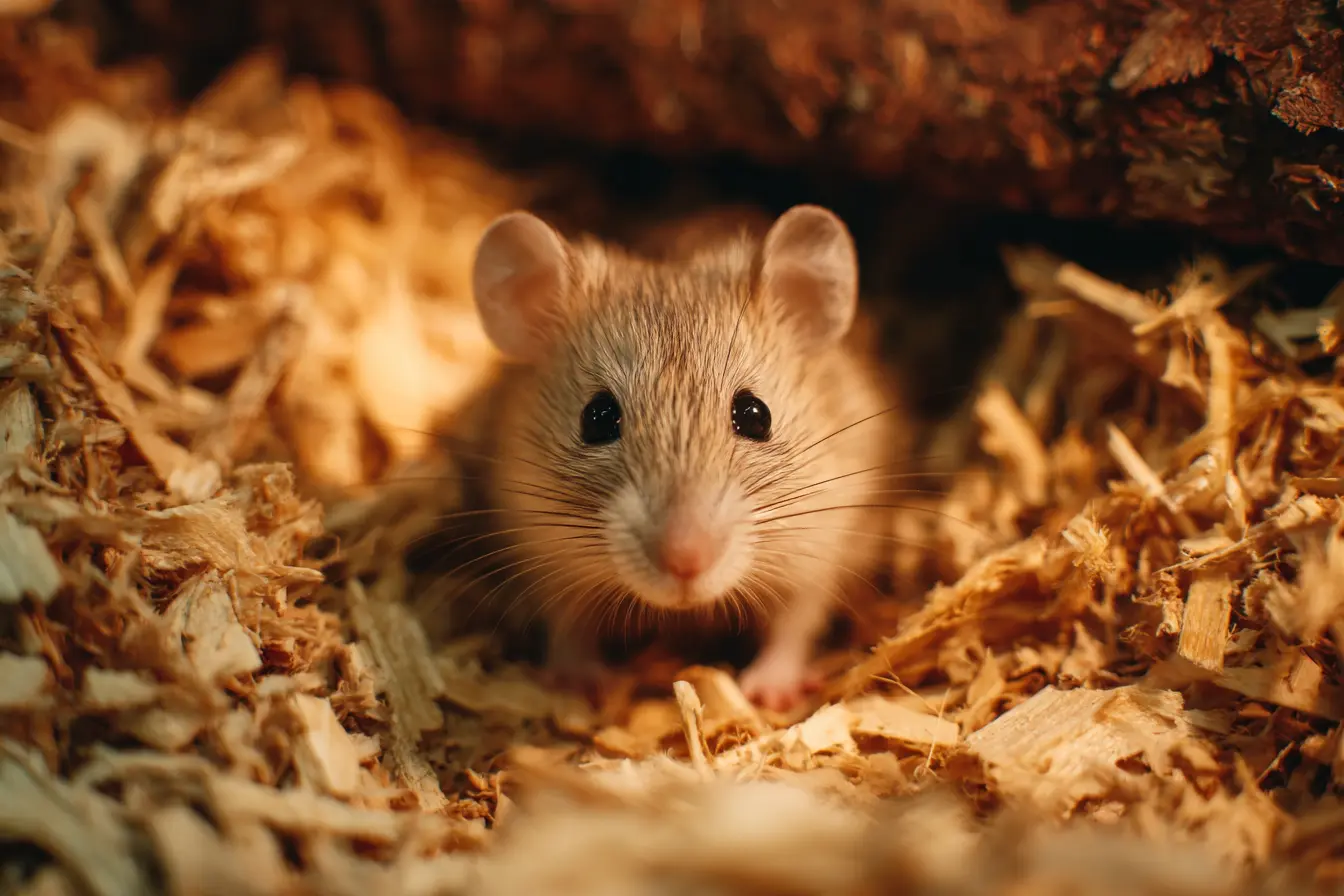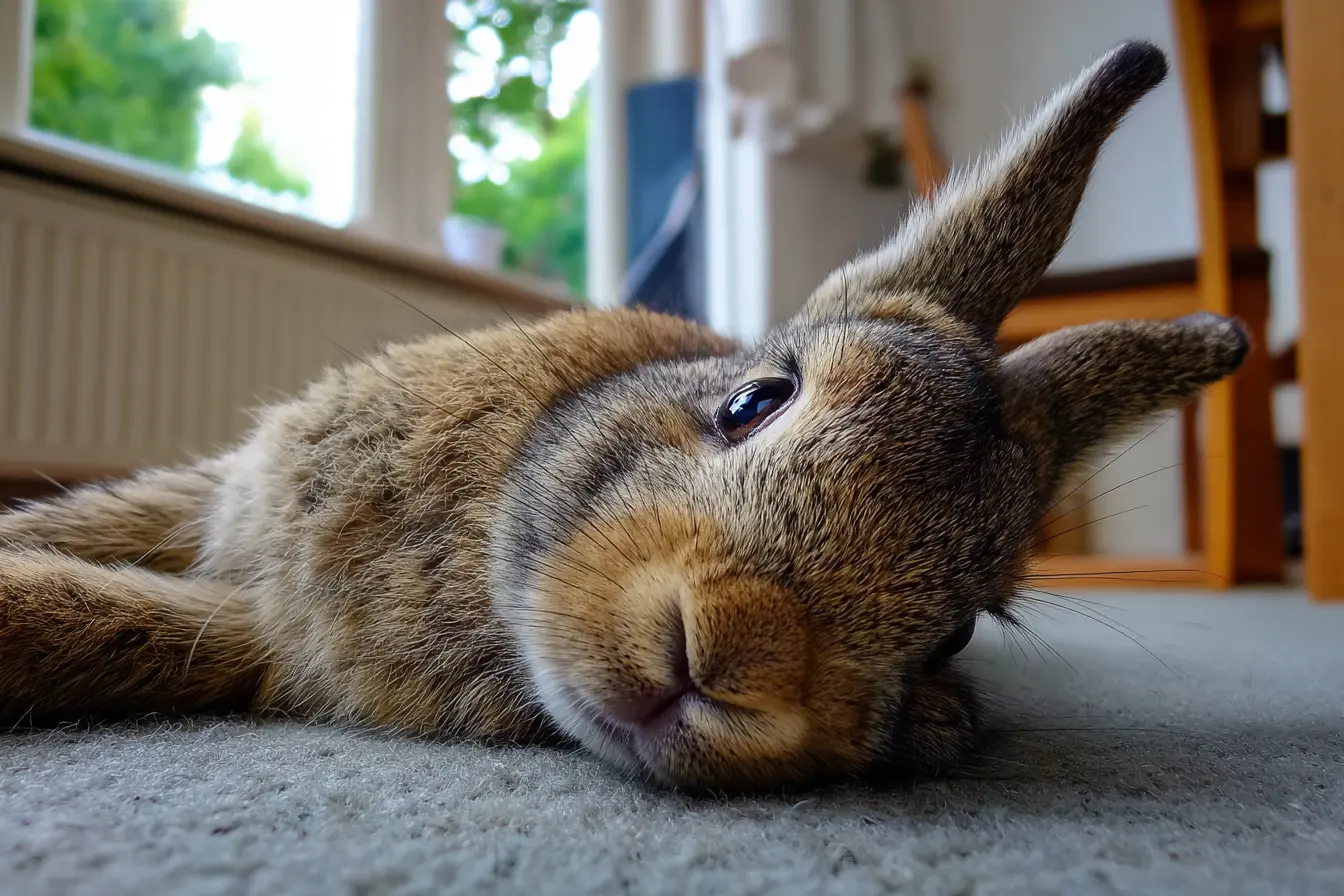
Alpaca Guinea Pigs: Luxurious Curls and Charming Personalities
Alpaca guinea pigs are one of the most striking and beloved long-haired guinea pig breeds. Known for their dense, curly coats that resemble the fleece of an alpaca, these guinea pigs are adored by enthusiasts for their beauty, gentle nature, and distinctive appearance.
In this post, we’ll explore everything you need to know about Alpaca guinea pigs, from their origins and traits to their grooming requirements, housing needs, health considerations, and whether this glamorous breed is right for you.
What Are Alpaca Guinea Pigs?
The Alpaca guinea pig is a long-haired breed characterised by thick, curly, forward-growing hair. They are sometimes considered a variation of the Peruvian guinea pig but differ due to the unique texture and curl of their coat.
Their fur grows over their face, along their body, and often forms rosettes that encourage the curls to grow outward in multiple directions. Alpacas are highly prized in the showing community and require dedicated care to keep their coats healthy.
Key Characteristics
- Size: 20–30 cm in length
- Weight: 700–1,200 g (depending on sex and diet)
- Lifespan: Typically 5–7 years with good care
- Temperament: Gentle, calm, curious, and friendly
- Appearance: Thick, curly coat; long hair growing forward over the face and body; often features rosettes similar to Abyssinian guinea pigs
Alpaca guinea pigs stand out due to their dramatic, woolly appearance, but this comes with increased grooming responsibilities.
Temperament and Behaviour
Alpaca guinea pigs are known for their sweet, laid-back personalities. They are generally calm, friendly, and enjoy interaction with humans once properly socialised.
Common Behavioural Traits:
- Mild-mannered and gentle
- Enjoy being stroked and handled
- Very social and happiest in pairs or small groups
- Make soft vocalisations to communicate with their companions
Their calm nature makes them lovely pets, though their coats require more attention than short-haired breeds.
Social Needs
Like all guinea pigs, Alpacas are highly social animals. They should never be kept alone.
Social Grouping:
- Same-sex pairs or trios are ideal
- Groups of two or more allow natural behaviour and companionship
- Boars can live together if introduced young and provided with enough space
A single guinea pig can become lonely, anxious, and depressed. Companionship is essential for their health and happiness.
Housing and Environment
While Alpaca guinea pigs have the same basic housing needs as other breeds, extra attention must be given to keeping their coats clean and dry.
Cage Requirements:
- Minimum size: 120 cm x 60 cm for a pair
- Type: Spacious C&C cage or large indoor enclosure
- Bedding: Fleece liners, soft paper bedding, or a combination
- Hideaways: At least two huts per pig
- Enrichment: Tunnels, chew toys, ramps, and foraging items
Special Considerations:
- Long hair drags on the floor, so avoid wire floors or rough bedding
- Fleece liners help keep hair clean and reduce matting
- Outdoor hutches are not ideal due to moisture and dirt getting trapped in the coat
Clean, dry housing is vital for preventing coat issues and skin problems.
Diet and Nutrition
Alpaca guinea pigs require the same basic diet as other guinea pig breeds.
Daily Diet:
- Hay: Unlimited timothy (or meadow) hay should comprise the main part of their diet
- Pellets: A small amount of vitamin-C fortified guinea pig pellets
- Fresh vegetables: 1–1.5 cups daily (e.g., romaine, peppers, kale, cucumber, herbs)
- Fruit: Occasional treats only
Important Notes:
- Guinea pigs cannot produce vitamin C so foods rich in vitamin C must be provided daily
- Always ensure access to fresh water in a clean bottle or heavy bowl
Healthy nutrition supports coat quality and overall wellbeing.
Grooming and Coat Care
Grooming is the most demanding aspect of keeping an Alpaca guinea pig. Their coats grow continuously and can easily become tangled or matted without regular maintenance.
Grooming Requirements:
- Brushing: At least 3–4 times per week (daily during shedding)
- Trimming: Regular trimming around the rear to prevent soiling
- Bathing: Only when necessary, using small-animal safe shampoo
- Inspection: Check for mats, debris, and skin irritation
- Show coats: Keep wrapped in protective "boar wraps" or soft cloths
Because the fur grows forward, hair can obscure the eyes. Gentle trimming can help them see clearly and stay comfortable.
Tips:
- Handle gently to avoid tugging the fur
- Use a soft-bristled brush or wide-toothed comb
- Keep the living space dry to prevent fungal infections
If you want a low-maintenance guinea pig breed, the Alpaca may not be the best choice.
Health and Common Issues
Alpaca guinea pigs are generally healthy but are prone to coat-related issues due to their long fur.
Common Health Concerns:
- Matted fur: Can cause skin irritation and pain
- Fungal infections: Often due to damp or dirty coats
- Flystrike: A serious risk if the rear becomes soiled
- Eye irritation: Fur can grow into or across the eyes
- Vitamin C deficiency: Common in guinea pigs without proper diet
Regular grooming and a clean environment significantly reduce the risk of these problems.
Is an Alpaca Guinea Pig Right for You?
Alpaca guinea pigs may be ideal for:
- Experienced guinea pig owners
- People willing to commit to regular grooming
- Enthusiasts interested in showing or breeding long-haired pigs
- Owners looking for a gentle, affectionate companion
They may not be suitable for:
- First-time guinea pig keepers
- Children or families without time for grooming
- Homes where cleaning and trimming may be neglected
Their beauty is undeniable, but their coat care makes them a higher-maintenance breed.
Conclusion
Alpaca guinea pigs are stunning, gentle, and charming pets admired for their luxurious curly coats. However, their distinctive hair requires dedicated grooming and attentive care.
For owners prepared to meet their needs, particularly in terms of grooming, housing cleanliness, and social interaction, Alpaca guinea pigs can make delightful and affectionate companions.
Vets near you
Speciality vets
- Aquatics vet specialists
- Birds vet specialists
- Camelids vet specialists
- Cats vet specialists
- Cattle vet specialists
- Deer vet specialists
- Dogs vet specialists
- Equines vet specialists
- Exotic vet specialists
- Goats vet specialists
- Pigs vet specialists
- Poultry vet specialists
- Sheep vet specialists
- Small Mammals vet specialists
- Wild vet specialists
Vet facilities
- Accessible by public transport
- Blood testing
- Car park nearby
- Client car park
- Dentistry
- Diagnostic imaging
- Disabled public access
- Flea and worm treatments
- Microchipping
- Mobile services
- Neutering
- Open at weekends
- Out-of-hours service
- Referral interests
- Referrals only
- Street parking outside
- Toilets available
- Vaccinations



